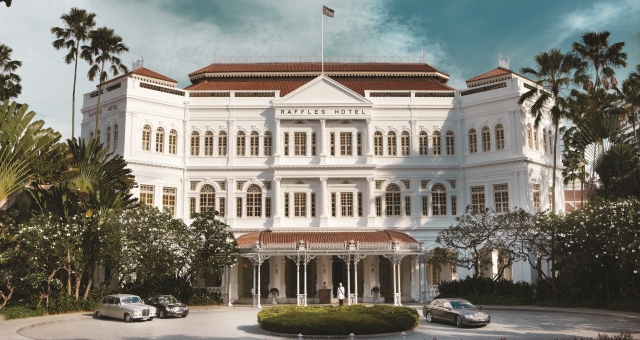Accounting systems in an average hotel can potentially get quite confusing without a streamlined system wrapping everything together. This can make the job of a hotel revenue manager significantly more difficult, leading to reduced efficiencies and time wasted scouring balance and charge sheets to reconcile charges with revenues.
The lifeblood of any hotel – reservations – are one way where streamlining payments can have the best effect. A hotel’s room inventory for any given night can be spread across dozens, maybe even hundreds of websites, including their own. Complicating things further are matters such as tactical rates, promotions, exclusive offers and more – all up potentially making for just as many different sets of rates as there are websites on which to promote them.
Then, you have hotel services themselves once guests are in-house. Restaurants, in-room dining, day spas, events, meetings and conferences and many other services – some of which may even be operated by an external supplier or licensee. Money in and money out. From the outside, anybody unfamiliar with the industry could be forgiven for wondering how anybody does it.

However, as fintech evolves and constantly continues to innovate, a number of payment consolidation platforms have emerged with systems designed to help a hotel streamline its financial ecosystem and improve business efficiency.
Adyen’s global head of hospitality, Mark Rademaker said successful hotels understand the value of a strong payments provider who is able to deliver an integrated and flexible system which can be adapted to cover new channels in the future.
“We know hotels work with multiple suppliers and systems, and many hotels are looking for ways to address challenges, including integrating both legacy and new infrastructures,” Rademaker said.
“Finding a solution that smoothly integrates across a hotel’s entire tech stack will help with streamlining processes and costs.”
Those in the industry with longer memories might remember a small number, albeit at times significant, of rather embarrassing and damaging leaks of customer personal and financial information in the last few years among major global hotel brands. Perhaps exacerbated by this, investment in payment security has taken a sizeable step forward.
Rademaker said hotels must be trusted by its guests and data security was paramount to achieving that. “Hotels work with many external parties, systems, and distribution channels to support guest bookings. This can be extremely challenging and complex, and the burden of managing so many different payment systems often falls on the hotel. With the added complexities that come along with the EU’s Payment Services Directive 2 and other regulations that work to improve payment security, hotels need to get ahead of fighting fraud and securing their guest payments and meet industry compliance.”
Part of these security upgrades circles back on the customer profiles that hotels have built to improve personalisation of services and in turn, vastly improve the guest experience. Pandemic aside, tech upgrades now allow guests to seamlessly check in and out and go about their time within the hotel without so much as seeing a single employee. As a hotel’s evolving fintech structure operates parallel to how guests move about within a hotel, hotels need a system able to keep up.
“Digitising the guest journey does not need to come at the expense of the guest experience,” says Rademaker.
“In fact, it’s quite the opposite as frictionless payments can reduce the amount of time spent on manual tasks, freeing up even more time for staff to better engage guests.
“One real life example of this can be seen at Raffles Hotel Singapore. Delivering bespoke and authentic services is core to the legendary Raffles experience, and it recognised that payments are key to enabling frictionless and personalised services.
“Through Adyen, Raffles Hotel Singapore powered its unified commerce offering, providing simpler, faster, and more customer-centric payment experiences across all sales channel touch points, both online to offline – including suite reservations, restaurants and bars, Raffles Spa and Raffles Boutique.
“Imagine that your guest could arrive at your hotel, check in, dine, shop, or indulge – and never have to touch a payment terminal throughout their entire stay.”



